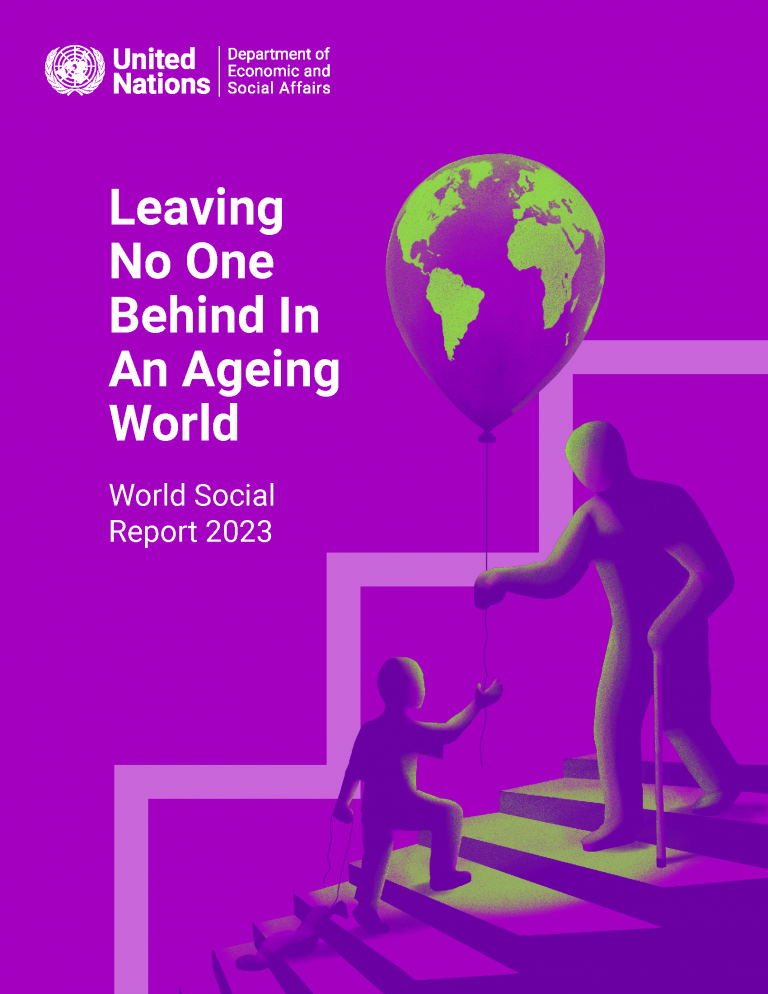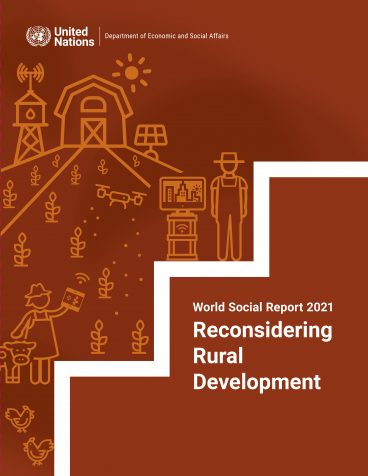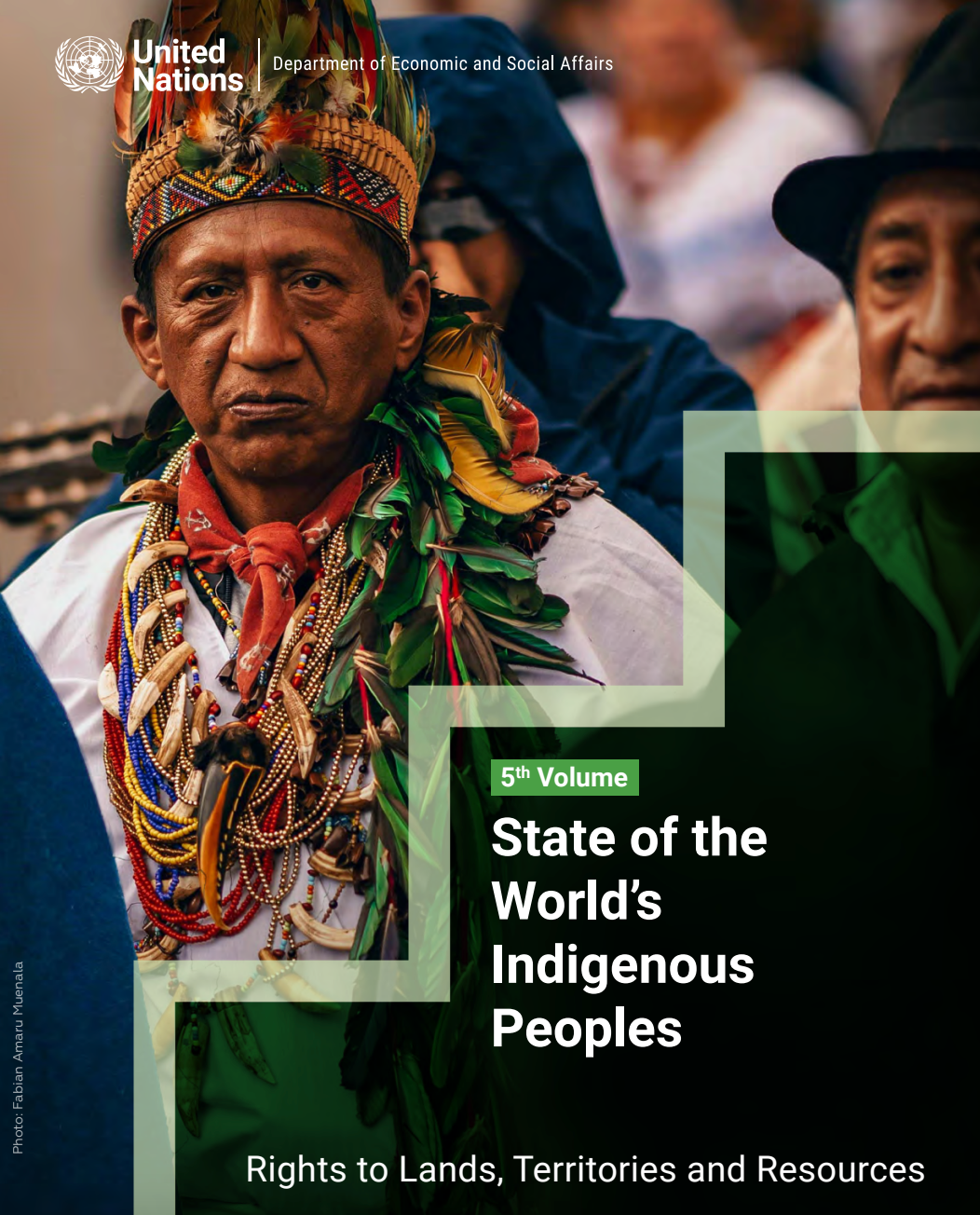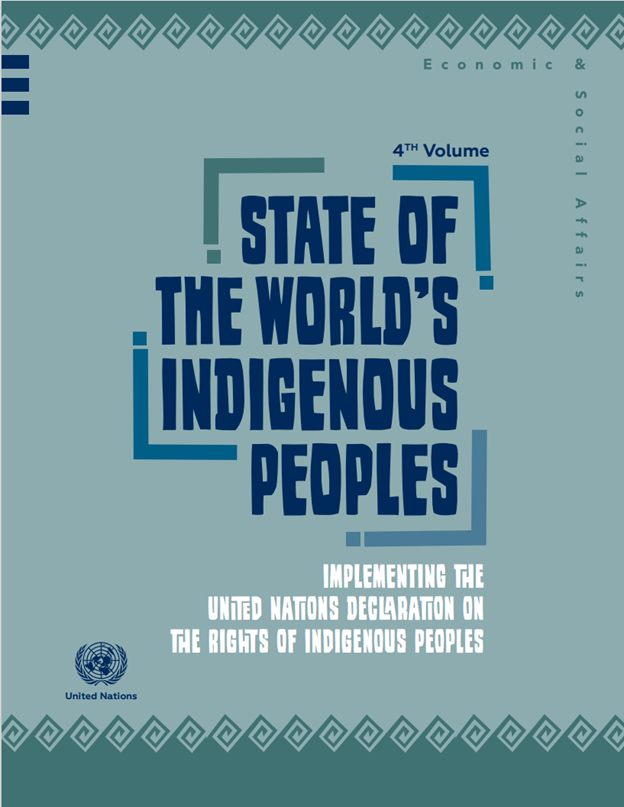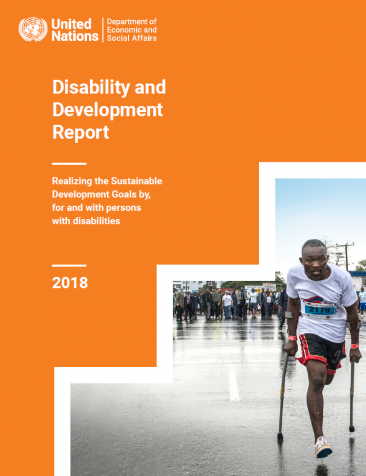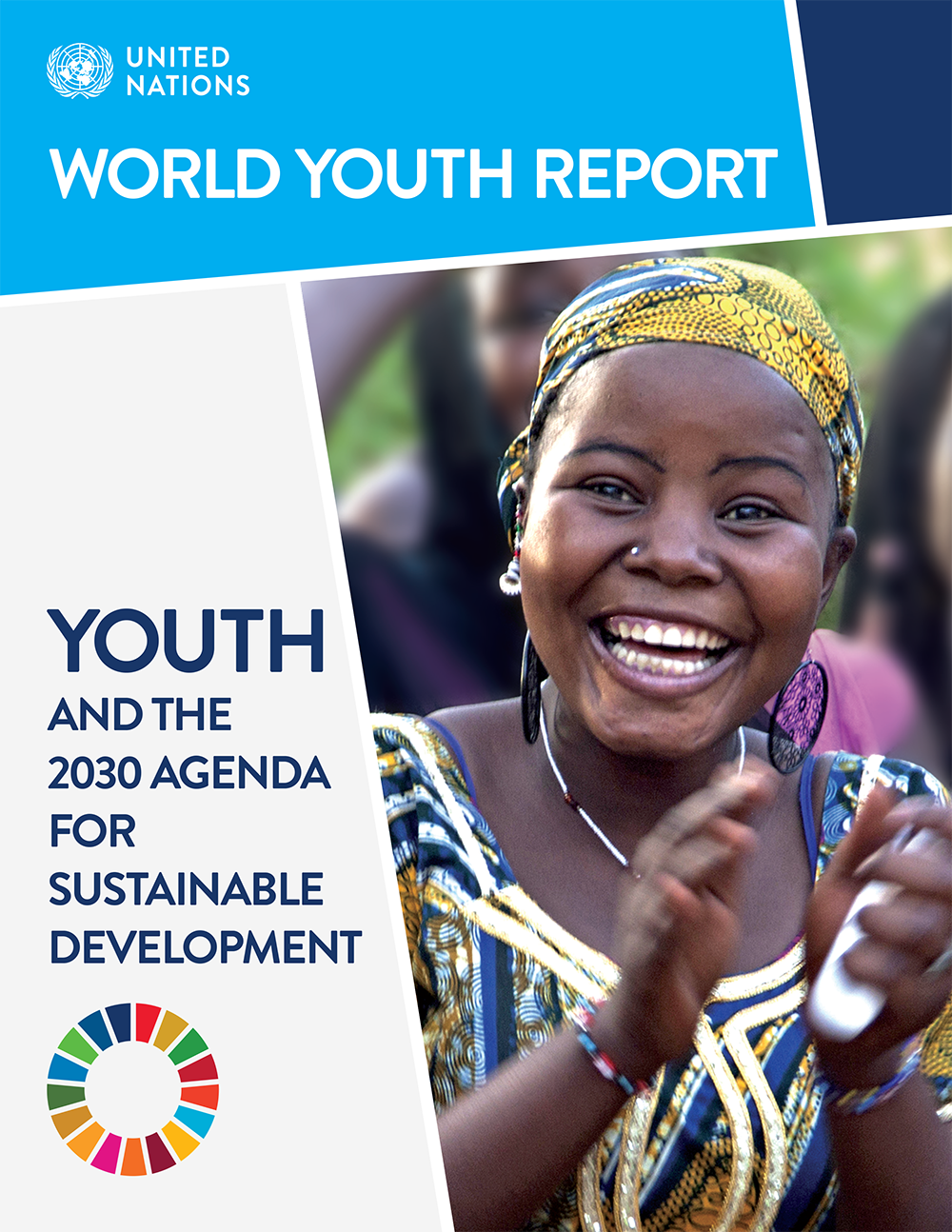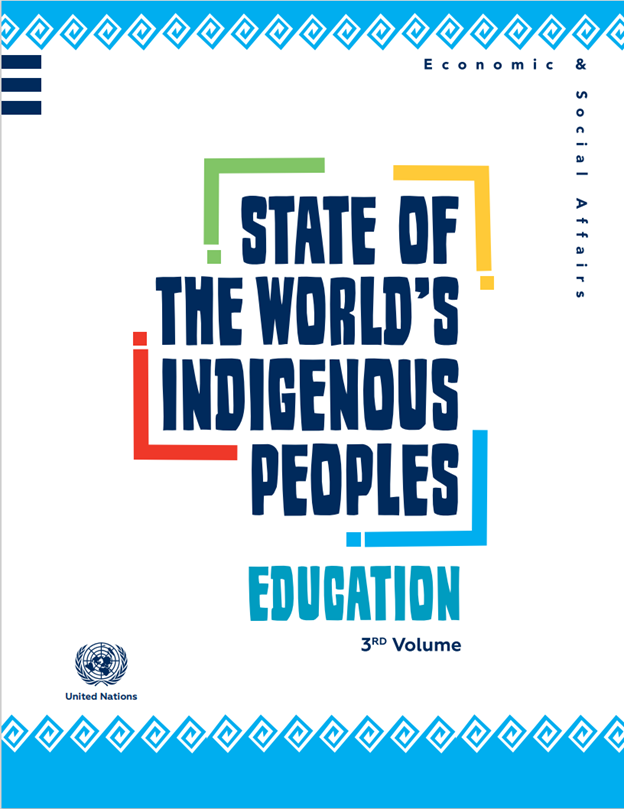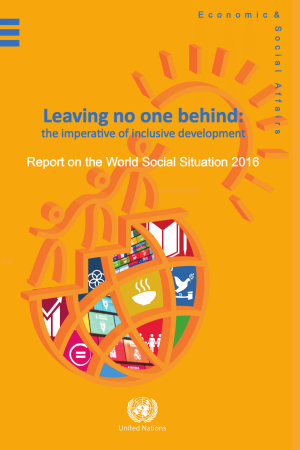Publications
Displaying 1 - 10 of 27
Flagship Reports |
Population ageing is a defining global trend of our time. People are living longer, and more are older than ever before. Spectacular improvements in health and survival and reductions in fertility have driven this momentous shift, which has begun or is expected to begin soon in all countries and areas.
This change brings both challenges and opportunities as countries strive to achieve the Sustainable Development Goals (SDGs). In 2022, the world marked the twentieth anniversary of the adoption of the Madrid International Plan of Action on Ageing. To commemorate this landmark, the World Social Report 2023 explores the economic and social implications of the ageing of the human population. It…
Flagship Reports |
An urgent reconsideration of rural development is needed for achieving the 2030 Agenda for Sustainable Development. The current strategies and patterns of rural development are failing to meet either the socioeconomic or the environmental Goals of this Agenda. Four out of every five people who face extreme poverty around the world live in rural areas. Many rural areas are witnessing severe depletion and degradation of natural resources, contributing to climate change and the recurrence of zoonotic diseases, such as COVID-19.
The COVID-19 pandemic, together with already persistent high levels of poverty and inequalities, are threatening to stall progress for the world’s rural populations.…
Flagship Reports |
Indigenous peoples’ relationship to their lands, territories and resources is at the heart of their identity, well-being and culture. Preservation of the environment, transmitted through traditional knowledge passed down through generations, is at the centre of their existence. As the world is increasingly recognizing the negative impacts of climate change and environmental degradation on health, food security and overall peace and security, the importance of indigenous knowledge and territorial rights is beginning to be more fully acknowledged by society at large.
The 2030 Agenda for Sustainable Development offers further opportunities to promote the rights of indigenous peoples to lands…
Flagship Reports |
The challenge of inequality in a rapidly changing world
The World Social Report 2020 examines the impact of four such megatrends on inequality: technological innovation, climate change, urbanization and international migration. Technological change can be an engine of economic growth, offering new possibilities in health care, education, communication and productivity. But it can also exacerbate wage inequality and displace workers. The accelerating winds of climate change are being unleashed around the world, but the poorest countries and groups are suffering most, especially those trying to eke out a living in rural areas. Urbanization offers unmatched opportunities, yet cities find…
Flagship Reports |
On 13 September 2007, the United Nations General Assembly adopted the United Nations Declaration on the Rights of Indigenous Peoples. The adoption of the Declaration marked the culmination of decades of struggle among indigenous peoples for a universal framework establishing minimum standards to ensure the survival, dignity and well-being of the indigenous peoples of the world.
Over a period of more than 20 years, indigenous peoples and Member States worked together to draft the Declaration, setting a precedent for cooperation and partnership between indigenous peoples and Member States. This collaboration has become an established practice and captures the principle of nothing about us…
Flagship Reports |
"The UN Flagship Report on Disability and Development 2018 – Realizing the SDGs by, for and with persons with disabilities shows that people with disabilities are at a disadvantage regarding most Sustainable Development Goals, but also highlights the growing number of good practices that can create a more inclusive society in which they can live independently."
— United Nations Secretary-General António Guterres’ message on the International Day of Persons with Disabilities, observed on 3 December 2018
The 2030 Agenda for Sustainable Development, pledging to “leave no one behind,” is an ambitious plan of action of the international community towards a peaceful and prosperous world,…
Flagship Reports |
The World Youth Report on “Youth and the 2030 Agenda for Sustainable Development”, prepared by the United Nations Department of Economic and Social Affairs (UN DESA), examines the mutually supportive roles of the new agenda and current youth development efforts. The report provides insight into the role of young people in sustainable development in the context of the implementation of the 2030 Agenda for Sustainable Development and related frameworks, in particular, the Addis Ababa Action Agenda of the Third International Conference on Financing for Development and the World Programme of Action for Youth.
The Report considers the role the 2030 Agenda can play in enhancing youth development…
Flagship Reports |
Universal social protection is a potent development policy tool that can alleviate poverty, inequality and social exclusion. Few countries have been able to reduce poverty and improve living conditions on a broad scale without comprehensive social protection systems in place.
The international community’s consensus on the importance of social protection has been reinforced with the adoption of the 2030 Agenda for Sustainable Development. Target 1.3 of the Sustainable Development Goals stresses the role of social protection in ending poverty in all its forms, as it seeks the implementation of “nationally appropriate social protection measures and systems for all, including floors”. By 2030…
Flagship Reports |
Recognizing the gaps in analytical research on the situation of indigenous peoples, the Permanent Forum on Indigenous Issues called for a report on the state of the world’s indigenous peoples. The Forum believed that this report will help dispel the myths and inconsistencies about indigenous peoples, and demonstrate their unique identity and traditions, as contributions to the world’s bio-cultural diversity. In response, DESA issued the State of the World’s Indigenous Peoples in 2009. This was the first global, authoritative report by the UN system to focus on indigenous peoples, with the 2014 second edition focusing on Indigenous Peoples’ Access to Health.
The third edition has been…
Flagship Reports |
Humankind has achieved unprecedented social progress over the past several decades. Poverty has declined dramatically around the world and people are healthier, more educated and better connected than ever before. However, this progress has been uneven. Social and economic inequalities persist and, in many cases, have worsened. Virtually everywhere, some individuals and groups confront barriers that prevent them from fully participating in economic, social and political life.
Against this backdrop, inclusiveness and shared prosperity have emerged as core aspirations of the 2030 Agenda for Sustainable Development. A central pledge contained in the 2030 Agenda is to ensure that no one will…
 Welcome to the United Nations
Welcome to the United Nations
